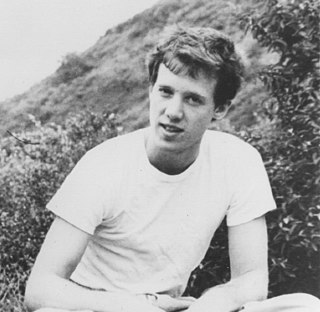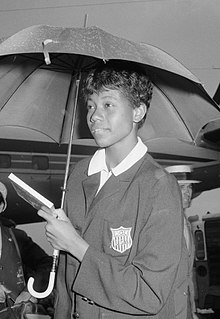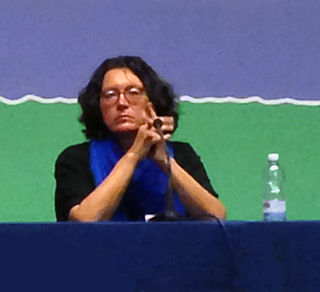A Quote by Carol S. Dweck
We found that process praise predicted the child's mindset and desire for challenge five years later.
Related Quotes
To prove that Wall Street is an early omen of movements still to come in GNP, commentators quote economic studies alleging that market downturns predicted four out of the last five recessions. That is an understatement. Wall Street indexes predicted nine out of the last five recessions! And its mistakes were beauties.
It’s a similar feeling from being in a community of punk rockers as a teenager and the feeling I still get today when I’m in a community of skeptical scientists. The idea with both is that you challenge authority, you challenge the dogma. You challenge the doctrine in order to make progress. The thrill of science is the process. It’s a social process. It’s a process of collective discovery. It’s debate, it’s experimentation and it’s verification of claims that might be false. It’s the greatest foundation for a society.
No player in the NBA was born wanting to play basketball. The desire to play ball or to read must be planted. The last 25 years of research show that reading aloud to a child is the oldest, cheapest and must successful method of instilling that desire. Shooting baskets with a child creates a basketball player; reading to a child creates a reader.
The prime function of the children's book writer is to write a book that is so absorbing, exciting, funny, fast and beautiful that the child will fall in love with it. And that first love affair between the young child and the young book will lead hopefully to other loves for other books and when that happens the battle is probably won. The child will have found a crock of gold. He will also have gained something that will help to carry him most marvelously through the tangles of his later years. Roald Dahl
As a child, I remember asking my parents when I was five years old, "How come if you are not Zionists, you came to the country?" I was surprised at myself that I asked this question. It means that it was always in the air. Then years later I understood it was because of the Holocaust, because they were refugees. They did not come as immigrants and, because of the illusions of the '50s and the late '40s, my mother said, "The world must be better." She could not imagine that it wouldn't be different.



































